
When your little one can’t stop crying
It’s normal for children to cry, but what if your little one is crying a lot more than usual? Could it be a sign of colic or a hungry child? As your child could be crying for various reasons, it’s tricky to know for sure. Here are some tips on how you can tell if your little one is having tummy troubles, and what you can do to help relieve it.
Get to know your little one’s crying
Here are some possible signs that the crying could be due to colic.
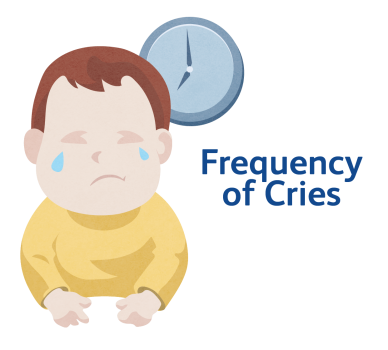
Crying Frequently
Little one cries at length for hours, starting usually in the evenings
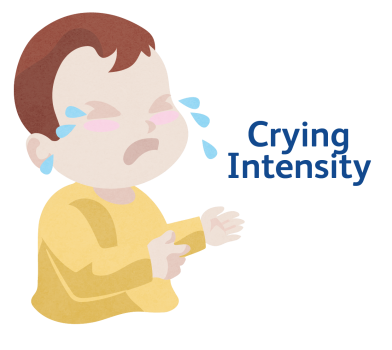
Intense Crying
Little one’s outbursts are often louder and higher pitched than usual.

Wailing Suddenly
Little One starts crying for no apparent reason
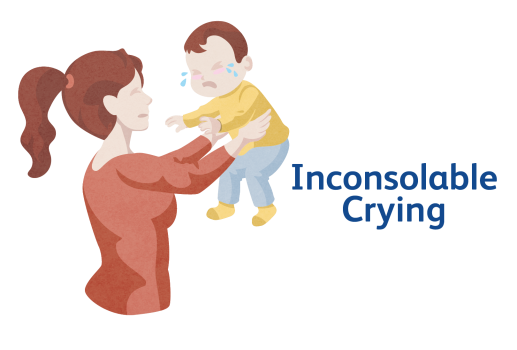
Crying Inconsolably
Little one refuses to be soothed, no matter how hard you try.
Your child might be well fed and kept clean, but you might find that your little one is still prone to crying like above. This could be a possible sign of colic.
Why can’t your little one stop crying?
While the exact cause of colic remains a mystery, there are several theories.
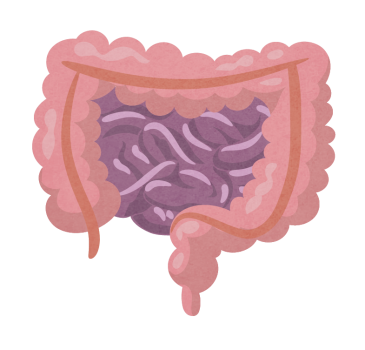
Immature digestive system, leading to stomach upsets1
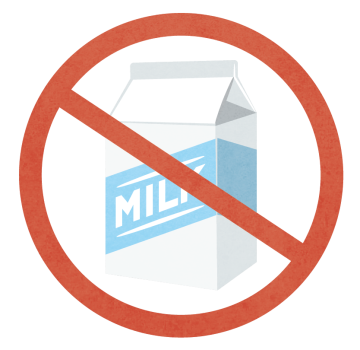
Food allergies or intolerance2

Poor tolerance or total intolerance of lactose
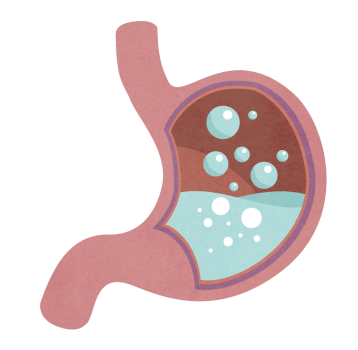
Flatulence or gas

Overstimulated senses1
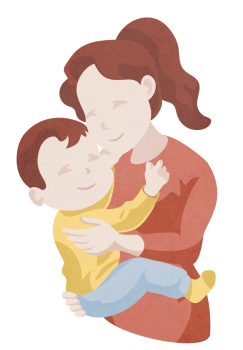
Even though colic is not harmful, it can take a toll on parents and caregivers. In most cases, it will eventually subside after a few months. Before that happens, you may want to try these methods that could help soothe your crying child.
- Provide comfort through breastfeeding
- Give your little one a warm bath.
- Put on some soothing music.
- Feed easy-to-digest foods.
- With your little one lying face-up, gently lift and move your little one’s legs in a cycling motion.
- Change your cradling positions.
It’s never easy handling a crying child, but getting to the bottom of your little one’s tears could be the first step to soothing them.
Reference:
